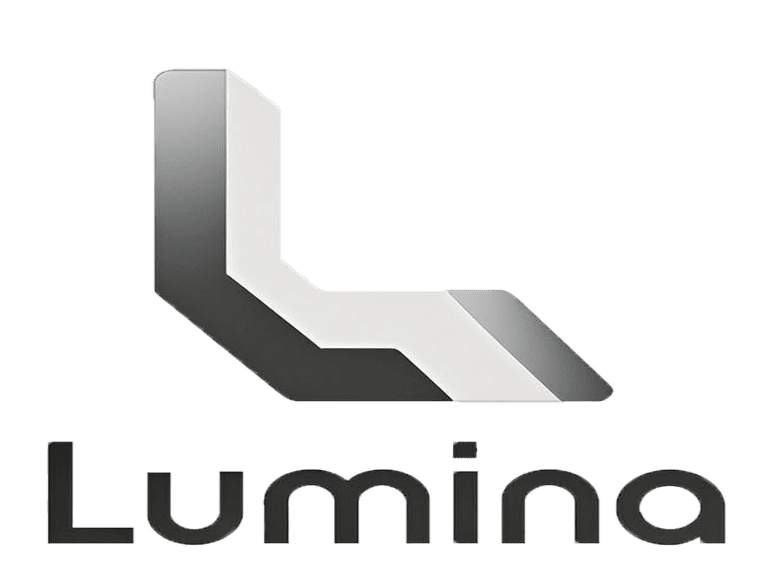Premium titanium castings for aerospace, medical‑equipment and chemical assemblies. LuminaTitan supplies near‑net and net‑shape cast components manufactured under controlled melting, molding and heat‑treat processes. Parts are verified in‑house to deliver dependable strength‑to‑weight, corrosion resistance and repeatable dimensions that reduce downstream machining and total cost.
Regulatory note: end‑use regulatory approvals (e.g., medical devices, aerospace certifications) remain the responsibility of the finished‑product manufacturer. We support audits with MTC 3.1 and test reports.
| Parameter | Details | Why It Works for You |
| Standards | ASTM B367 (Titanium and Titanium Alloy Castings); per drawing/PO | Aligns with recognized casting specification; simplifies qualification. |
| Alloys / Grades | Ti‑6Al‑4V (ELI optional), commercially‑pure Ti grades; others on request | Covers structural and corrosion‑resistant needs; ELI for enhanced toughness. |
| Processes | Vacuum/inert melting; investment casting; HIP as required; stress‑relief/anneal | Controls porosity and microstructure for reliable properties. |
| Dimensions | Near‑net shapes; typical wall ≥ 3–5 mm (size‑dependent); machining stock per drawing | Balances castability with final‑machined accuracy. |
| Tolerances | Per drawing; typical linear ±0.3–0.8 mm (size and CT grade dependent) | Fits automated assembly and mating features. |
| Surface | As‑cast, blasted, polished; passivation or coating prep on request | Readies parts for sealing, bonding or clean service. |
| Documentation | MTC EN 10204 3.1; inspection/NDT reports; RoHS/REACH statements | Supports supplier approval and audits. |
| Traceability | Heat/lot ID maintained; labels include alloy, part, rev, PO, qty | Ensures batch‑level quality control. |
| Grade/Alloy | N | C | H | Fe | O | Al | V | Ni | Ti |
| Gr2 (CP Ti) | 0.03 | 0.08 | 0.015 | 0.30 | 0.25 | — | — | — | bal |
| Ti‑6Al‑4V | 0.05 | 0.08 | 0.015 | 0.40 | 0.20 | 5.5–6.75 | 3.5–4.5 | — | bal |
| Ti‑6Al‑4V ELI | 0.03 | 0.08 | 0.012 | 0.25 | 0.13 | 5.5–6.5 | 3.5–4.5 | — | bal |
Note: Composition limits vary by alloy and specification; confirm to your drawing/PO.
| Grade/Alloy | Tensile (MPa, min) | Yield (MPa, min) | Elongation (%) |
| Gr2 (CP Ti) | 345 | 275 | 20 |
| Ti‑6Al‑4V | 895 | 828 | 10 |
| Ti‑6Al‑4V ELI | 860 | 795 | 10 |
Values are typical guide ranges. For critical applications, specify test sampling and accept/reject criteria on the PO.
